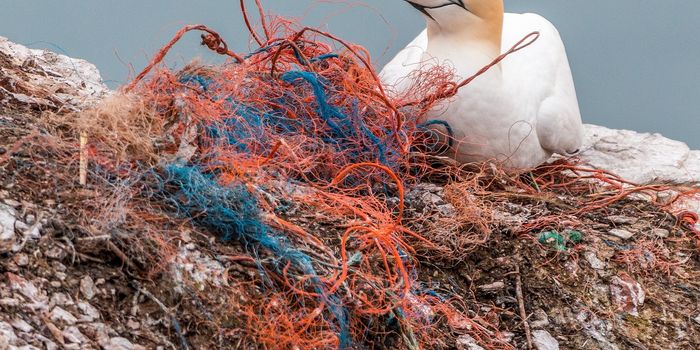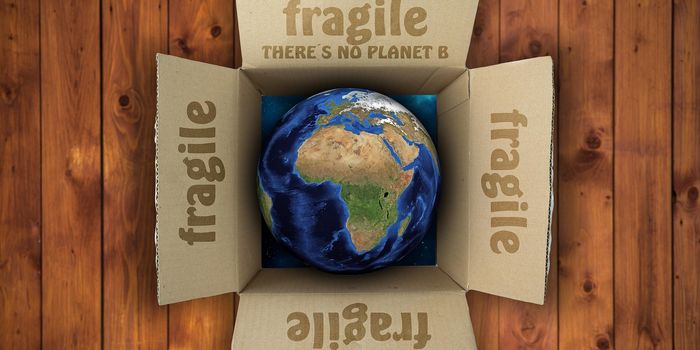Should we give up on the Great Barrier Reef?
Despite Australia’s pledge last year to dedicate $500 million to protect the Great Barrier Reef, the Great Barrier Reef Marine Park Authority (GBRMPA) recently approved The North Queensland Bulk Ports Corporation to dump a million tons of industrial residue sludge into the reef. Though there are strict dumping laws for the reef, the corporation was able to find a loophole, saying that the laws don't apply to materials produced from port maintenance work. The sludge comes from Hay Point Port, one of the world's largest coal exports, and scientists are concerned that high amounts of harmful materials like as trace metals will destroy the already vulnerable reef ecosystems.
The reef has lost 30% of its coral over the past decades due to bleaching from rising sea temperatures and damage from crown-of-thorns starfish. In more recent years, the reef has seen huge die-offs of coral throughout the reef system. In addition to warmer waters and shifting ocean pH, sediment deposition also threatens the reef. Recent flooding in north and central Queensland just last week poured even more sediments into the fragile ecosystem.
Larissa Waters, senator for Queensland and co-deputy leader of the Greens Party, has stated her outrage about the situation. "The last thing the reef needs is more sludge dumped on it, after being slammed by the floods recently," she told the Guardian. "One million tons of dumping dredged sludge into world heritage waters treats our reef like a rubbish tip."
“Government policy needs to change to ban all offshore dumping, so GBRMPA is not allowed to permit the reef’s waters to be used as a cheaper alternative to treating the sludge and disposing of it safely onshore,” Waters commented.
Meanwhile, the ports authority rebukes the grave environmental concerns, citing that their assessment reports that environmental effects will be “predominantly low [risk] with some temporary, short-term impacts to (bottom-dwelling) habitat possible”. Maintenance dredging is expected to begin at the end of March.
Sources: BBC News, The Guardian









